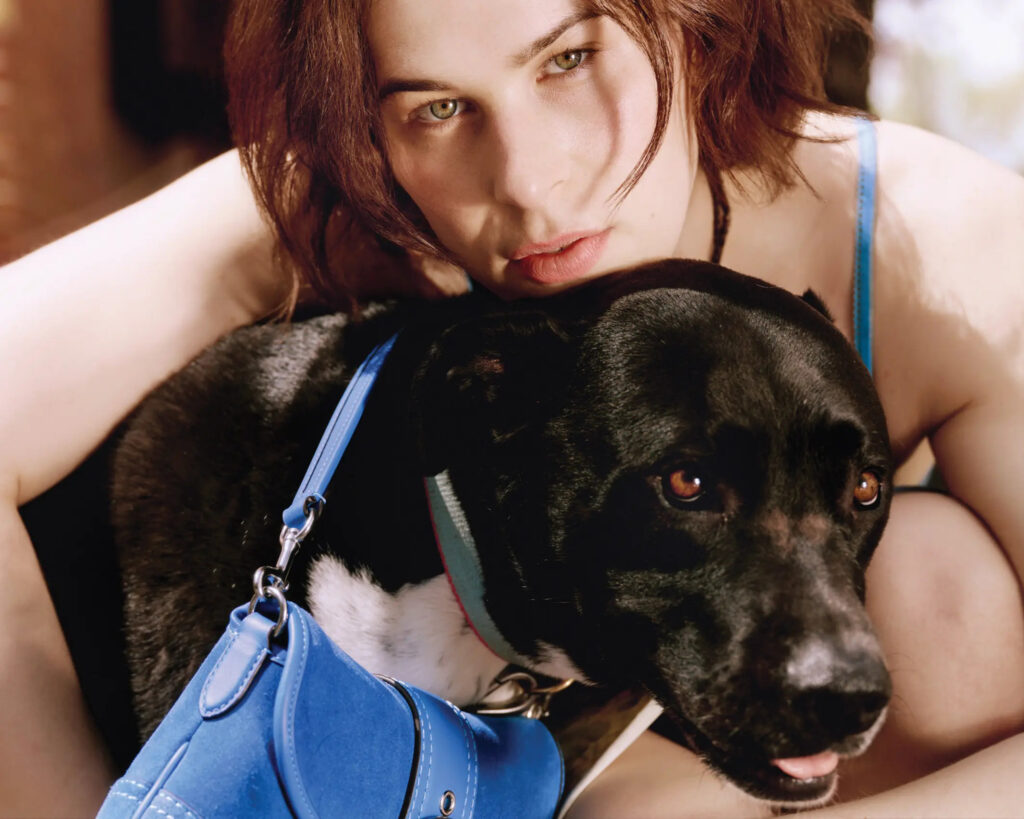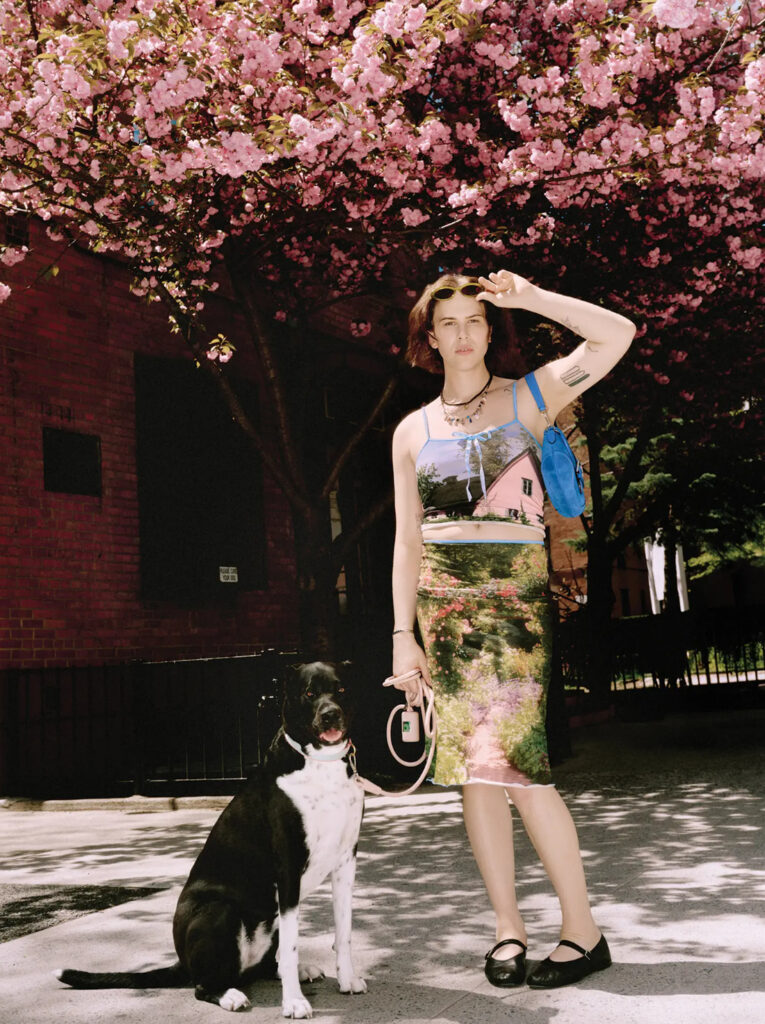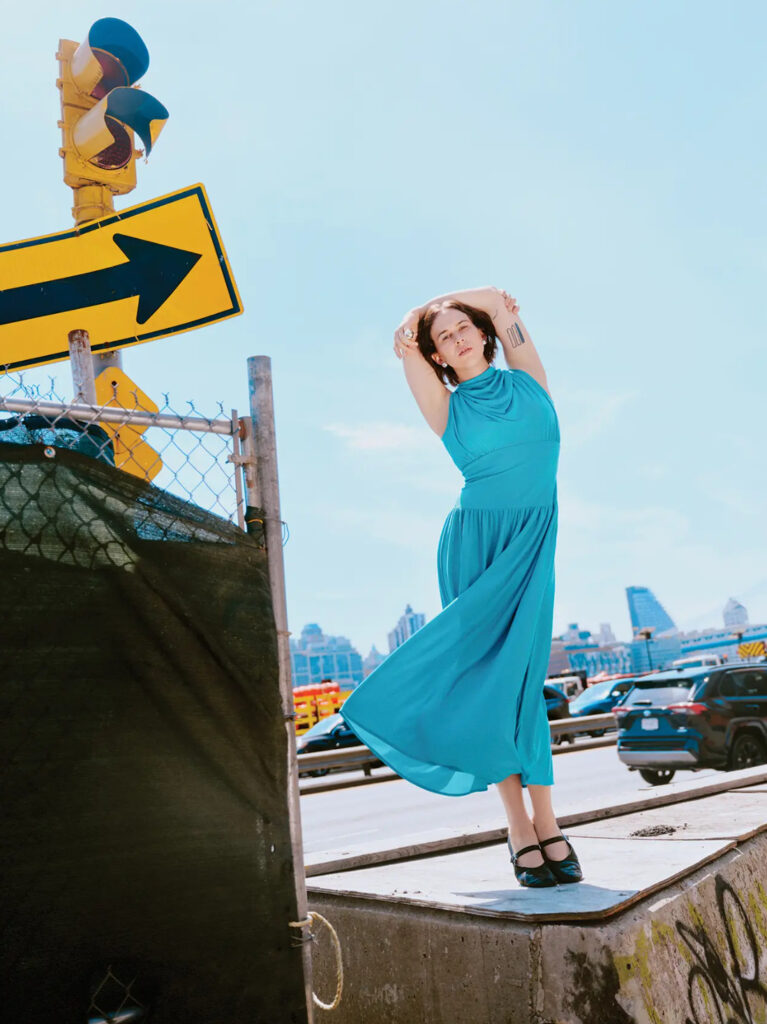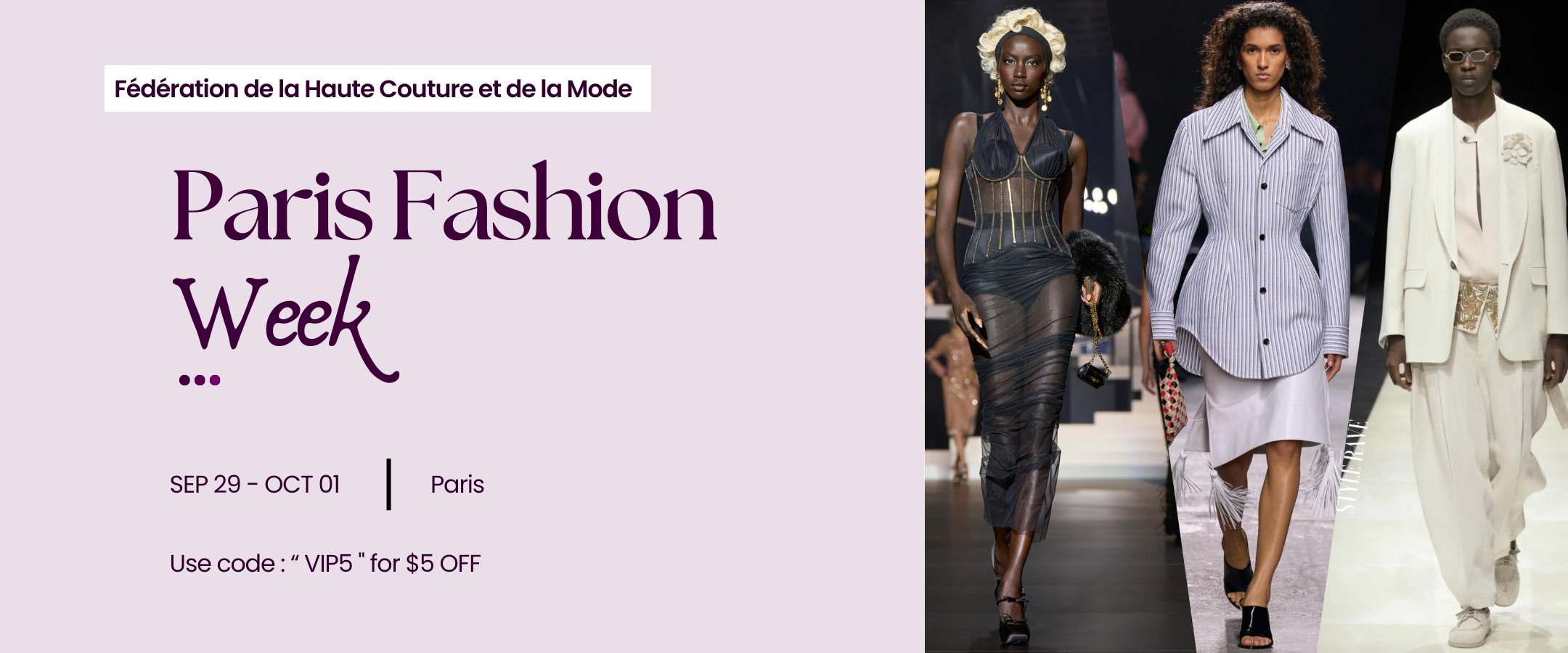There’s nothing chic about being vulnerable—at least not by traditional standards. But for Tommy Dorfman, vulnerability isn’t a trend. It’s a personal revolution.
Dorfman doesn’t shy away from the truth, even when it cuts. Raised in a home where honesty was currency—even when it teetered on overshare—she found safety in openness. That emotional fluency now forms the foundation of her creative life. Whether she’s on stage in a Shakespeare revival or behind the camera producing indie film, Tommy brings a rare immediacy to her work. The kind that demands emotional transparency—raw, restless, real.

In a culture built on curation and control, Dorfman chooses exposure. Her upcoming memoir, Maybe This Will Save Me (releasing May 27), is a bold, blistering recount of addiction, identity, gender transition, and the alchemy of survival. For those familiar with her journey—from breakout fame on 13 Reasons Why to carving a niche in theater and film—this book isn’t just a tell-all. It’s an unflinching reckoning.
And yet, the stakes of living that truth have never been higher. In a digital ecosystem that punishes missteps with speed and scale, Dorfman’s decision to remain publicly vulnerable is nothing short of courageous. She likens the social media landscape to a “fever dream,” a place once ripe for spontaneous expression, now overrun by conservative backlash and performative outrage. Still, she shares—intentionally, strategically, and always on her terms.

Dorfman views criticism not as punishment, but as part of the process.
“Sometimes what feels truthful to me is a reaction,” she explains. “When I say the wrong thing or act impulsively, I give myself grace and keep going”
There’s no martyrdom in this ethos, just an understanding that the creative path is non-linear. Messy. Human.
Her creative career reflects that same philosophy. After 13 Reasons Why, the doors didn’t swing wide open. They creaked—slow, tentative, conditional. For every yes, there were a dozen no’s. She responded the only way she knew how: by building. By producing her own work. By refusing to wait for permission to create.

It’s a rare clarity that keeps her grounded. For Dorfman, art isn’t about universal appeal—it’s about resonance. “I know my audience is niche,” she says. “That excites me. Real connections over reach.” While Hollywood still resists trans narratives, she continues to champion them—on screen, behind the scenes, and in publishing. She cites Nicole Kidman as one of the few A-listers genuinely invested in uplifting underrepresented voices. The rest? Mostly smoke and mirrors.
Despite industry barriers, Dorfman is unfazed by traditional metrics of success. “I care less about failure or success; I care more about creating,” she says. That creative engine never idles. Between stage performances, film projects, and her second directorial feature, she’s writing, producing, and preparing to tour the memoir. The pressure might overwhelm a less grounded artist. But for Tommy, every pivot is a privilege.

Writing Maybe This Will Save Me was never about controlling the narrative. It was about letting go. “The stories in the book are no longer mine,” she says. “They’re part of my history, sealed and witnessed.” The memoir doesn’t exist to shock or justify—it exists to connect. Readers might not share her exact story, but they’ll recognize its core: the pursuit of self-understanding in a world eager to define you first.
For Dorfman, vulnerability is still the most radical choice. In art. In identity. In life. But it’s also the most rewarding.


